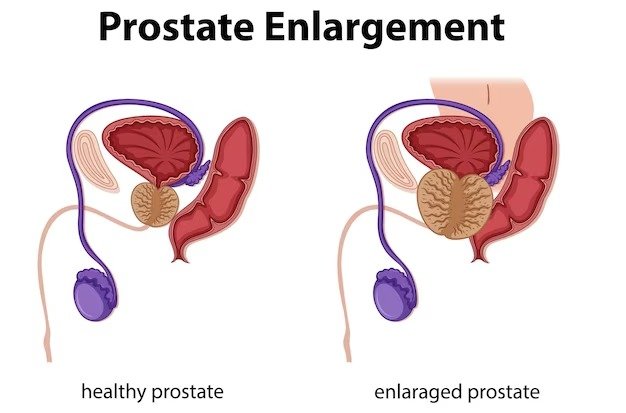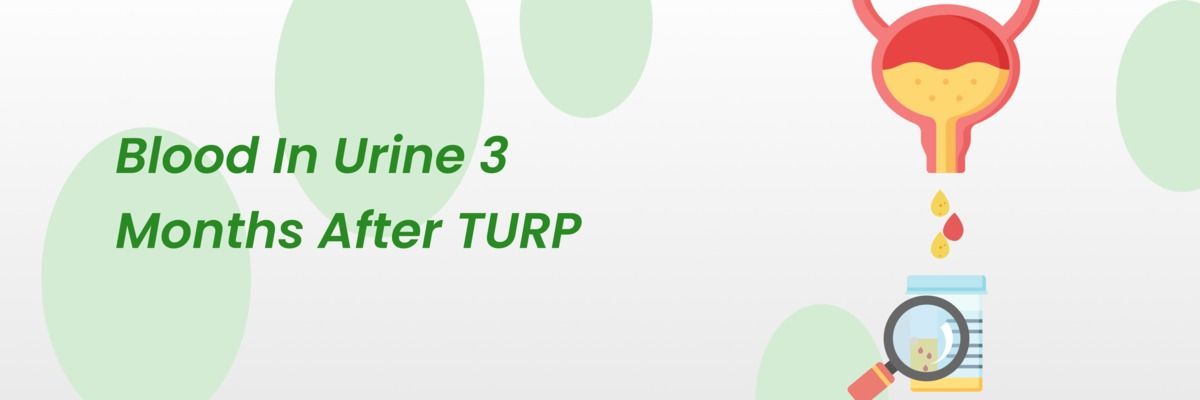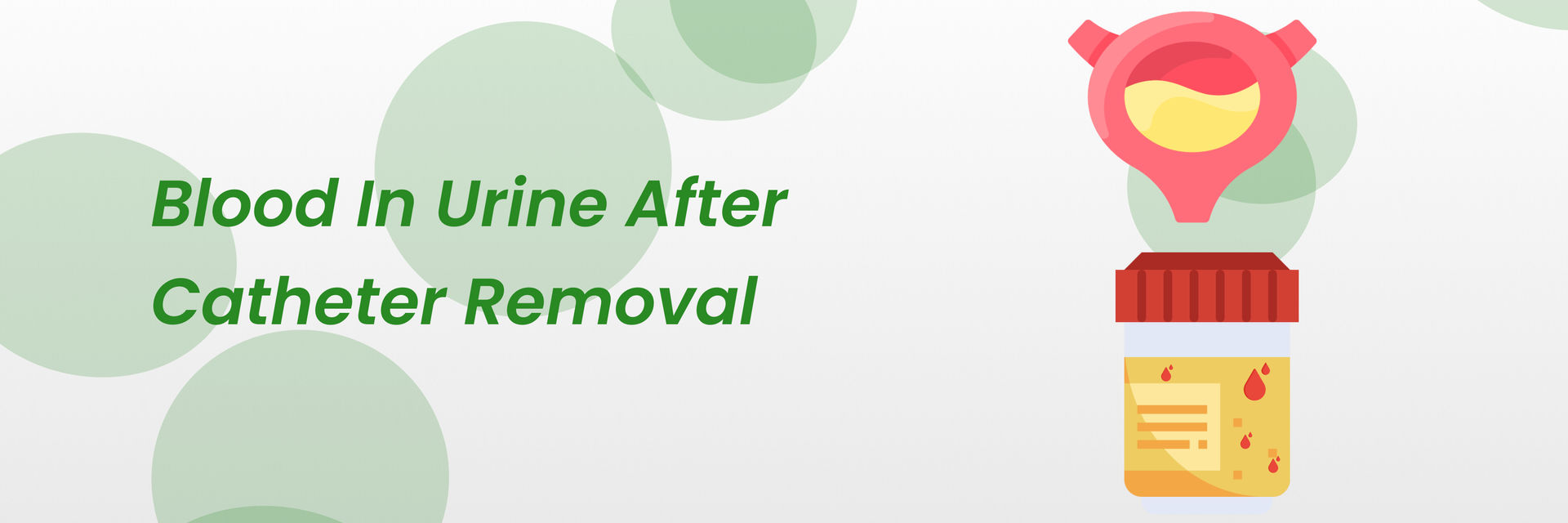How common is a fistula after hypospadias repair?
The surgical techniques for hypospadias have gotten significantly advanced. Despite that development of fistula continues to be the most prevalent complication. The occurrence of Fistula varies between 7.5% and 50%.
It is influenced by factors such as:
- severity of hypospadias
- specific surgical approach
As per a study, 83% of patients developed a fistula on the day of catheter removal. 11% of the patients developed fistula 3 days after the procedure.

Read about the symptoms carefully. Look out for them so that you can seek timely medical assistance!
What are the symptoms of a fistula after hypospadias surgery?
The symptoms of a fistula after hypospadias surgery can vary, but commonly include the following:

- Abnormal urinary flow. The presence of a fistula can disrupt the normal flow of urine. This causes urine to deviate or spray in an unusual manner.
- A fistula can lead to urine leakage from the surgical site. This results in dampness or wetness around the affected area.
- Persistent or recurrent infections in the surgical area may indicate the presence of a fistula.
- Constant exposure to urine and moisture can cause Irritation and redness around the surgical site.
- Surgical incision failing to heal properly or showing signs of reopening may suggest the presence of a fistula.
- Recurring urinary tract infections or discomfort during urination may also be one of the symptoms of a fistula.
Your health is too important to ignore – schedule your appointment now.
Let us now understand the causes of fistula after hypospadias surgery!
What causes a fistula to form after hypospadias repair?
Patients who undergo hypospadias surgery may experience various complications. Those complications include urinary tract infections or wound dehiscence within a month after the surgery.
These are the initial complications. However, these initial complications lead to other issues. These are the cause of fistula after hypospadias surgery.
How is a fistula diagnosed after hypospadias surgery?

The diagnosis of fistula after hypospadias surgery includes clinical evaluation and diagnostic tests.
The surgeon first examines the surgical site and assesses any signs and symptoms that may indicate a fistula.
Additional tests will be conducted afterward to confirm the presence of a fistula. The various tests to diagnose fistula include:
- Voiding Cystourethrogram (VCUG): It is a radiographic imaging procedure. This test produces X-rays while the patient is urinating. This helps visualize the urine flow and identify abnormal connections or leaks.
- Retrograde urethrography: In this procedure, a contrast dye is injected directly into the urethra. Then X-rays are taken to identify the presence and location of the fistula.
- Ultrasonography: Ultrasound imaging may be used to assess the anatomy of the urinary tract. It helps to identify any abnormalities or fluid collections that may be associated with the fistula.
Now let’s discuss the treatment options!
What are the treatment options for a fistula after hypospadias repair?

Tunica vaginalis flap technique can be used for treating the fistula after hypospadias surgery. The tunica vaginalis flap is obtained from the testis. It provides a good blood supply. This makes it suitable as the additional layer during the fistula repair process. By incorporating the tunica vaginalis flap, the risk of fistula recurrence can be reduced. This technique helps improve the success rate of the repair procedure. It enhances the overall outcomes for patients.
Can a fistula close on its own after hypospadias surgery?

Fistula after hypospadias surgery is a common complication. While smaller fistulas resolve without intervention, most require surgical correction.
When a fistula occurs, it is typically monitored for a six-month period. During this time, some fistulas may close spontaneously. However, if closure does not occur, a subsequent surgical procedure is performed to repair it.
Take charge of your health and your life. Contact us today!
Are there any complications associated with fistula repair after hypospadias surgery?

Fistula repair after hypospadias surgery, like any surgical procedure, can have associated complications.
Some potential complications include:
- Recurrence: In some cases, the fistula may recur even after repair. This requires further surgery.
- Infection: There is a risk of developing an infection at the surgical site. This requires antibiotic treatment. Scarring: The repair procedure can result in scarring. This affects the cosmetic appearance or function of the repaired area.
- Scar tissue formation or narrowing of the urethra can occur. These occur as a result of fistula repair. This leads to difficulties in urination.
- Despite surgery, fistulas may close fully. Requiring additional treatment.
- Delayed wound healing or wound dehiscence can occur. This needs wound care and further surgical intervention.
Read below to learn about the success rates and recovery!!
What is the success rate of fistula repair after hypospadias surgery?
The initial success rate for fistula repair is 89%. Different closure techniques yield varying rates of success. Simple closure had a success rate of 77%, layered closure had a success rate of 89%, and closure with a waterproofing layer achieved a success rate of 100%.
Your well-being is our priority - call us to book your appointment today
How long does it take for a fistula to heal after hypospadias repair?

The healing time for a fistula after hypospadias repair can vary. In general, it may take several weeks to a few months.
The exact duration depends on various factors such as:
- size and location of the fistula
- surgical technique used
- individual healing abilities
Typically, swelling and bruising tend to subside within two weeks. Most patients experience complete recovery within 6 weeks or so.
Can a fistula recur after it has been repaired following hypospadias surgery?
![]()
The recurrence rate of fistulas after a simple closure following hypospadias repair is high.
Secondary closure techniques in fistula recurrence showed a success rate of 50%. This suggests that additional interventions may be required to achieve a successful closure in cases of fistula recurrence.
Reference-
https://www.ncbi.nlm.nih.gov/pmc/articles/PMC3111134/
https://tau.amegroups.com/article/view/101731/html
https://www.sciencedirect.com/science/article/abs/pii/S1477513121005702







